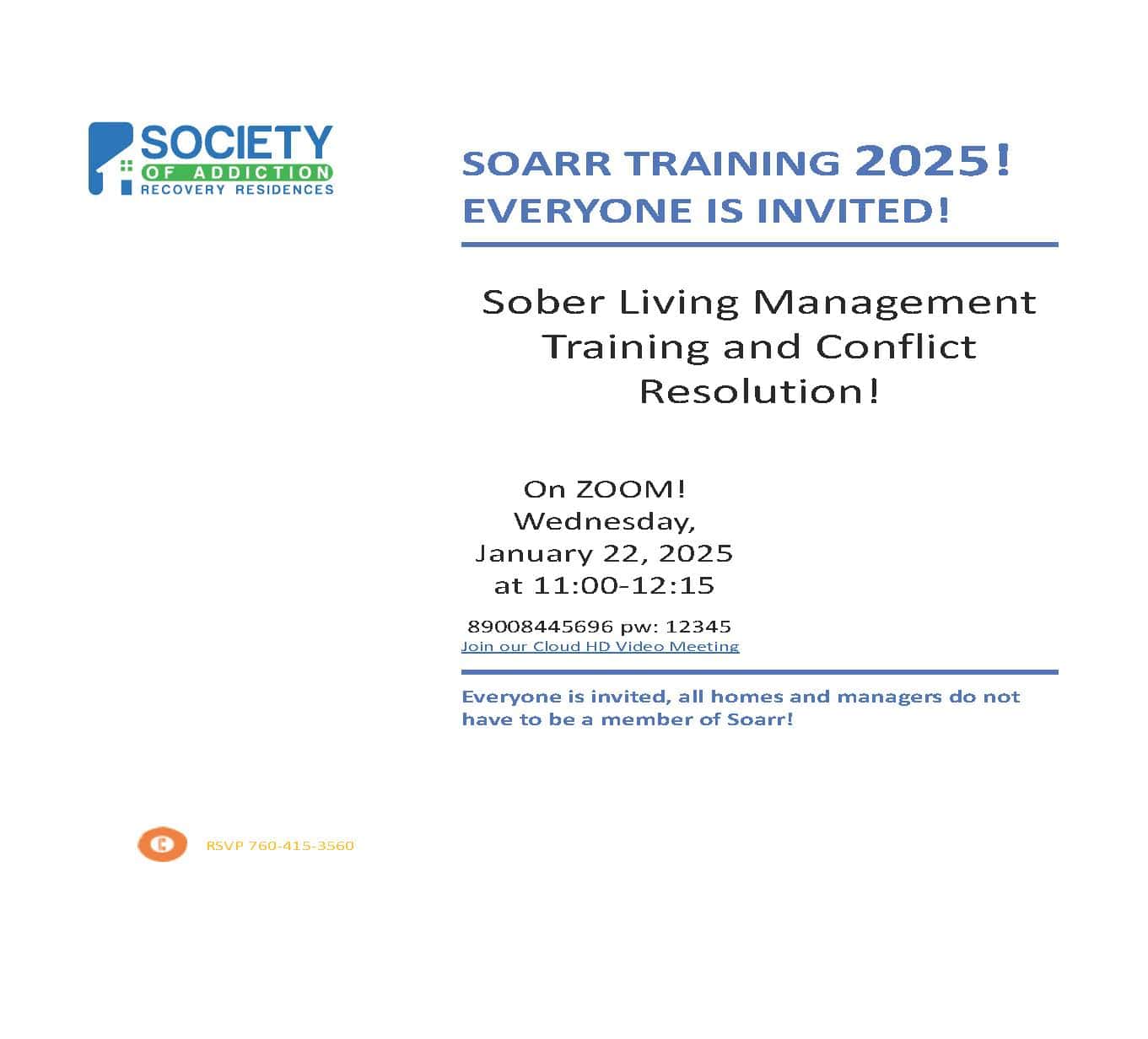Millennials have often been referred to as the “anxious generation.” There are many things in modern society to be anxious about. For Millennials, the financial crash caused instability. Graduating from schools during a recession caused a lot of stilted or halted careers. Some people took low-wage jobs to get by and pay for their rent, living expenses, and degrees. All of these situations caused trauma and anxiety. Certain levels of anxiety are healthy and affect everyone during turbulent times. However, they can also cause people to miss out on life. Anxious people often struggle with substance use. Alcohol and other drugs can lower inhibitions, leading to a form of self-medicating that eventually leads to substance use disorder.
What Does Anxiety Feel Like?
Anxiety can make a person feel uncomfortable. It can cause your heart to race, your blood pressure to elevate, and make you feel like your mind is “blank.” These are normal sensations that come from our “fight or flight” response. This response releases adrenaline when we’re nervous, scared, or excited. It helped your ancestors outrun the dinosaurs. Many times, anxiety is a normal response to a scary situation. Sometimes, however, it’s a distressing reaction that can make a person feel out of control and unable to accomplish things.
What Are Normal Levels of Anxiety?
Some people are naturally more anxious than others. Others only feel anxiety during stressful times, such as when they’re getting married, starting a new job, or going through something emotionally difficult such as a divorce.
However, many millennials are anxious even when there’s no specific reason to be. Being anxious for no apparent reason is a sign that you’re struggling with a mental health disorder. You may have trouble sleeping or have panic attacks. People with anxiety disorder may have trouble having conversations or even start avoiding others when they are anxious. When a person has persistent anxiety, it can stop them from doing important things. They may avoid tasks or situations because the anxiety is too great.
When anxiety begins to alter your life, you may be living with a disorder such as generalized anxiety disorder or PTSD. A therapist, psychologist, or psychiatrist can help you with your diagnosis. While none are curable, anxiety disorders are treatable.
Anxiety And Substance Use
Many people who struggle with anxiety and substance use disorder find temporary relief in substance use.
Sadly, it often just adds to a person’s trouble. Highly addictive drugs such as fentanyl can cause an increase in feeling anxious when a person is not using them. When a person is not high, the withdrawal will heighten symptoms of mental health disorders, which can cause the drug user to increase their dosage.
Many people who are in treatment for anxiety are prescribed highly addictive sedative drugs to relax, such as Klonopin or Ativan. These drugs, in the benzodiazepine class, are often abused by people with substance use disorder. Some people drink or mix other drugs with these medications, not knowing the combination can cause deadly overdoses.
Anxiety, and Recovery from Addiction
Many millennials in recovery can start taking better care of their physical and mental health. This means seeing a professional about your anxiety disorder and taking steps to work on your mental health.
Getting sober is great but living with an untreated mental health disorder can be a trigger for relapse. Mental health is just as important as physical health. Staying in recovery from substance use will help you begin to rebuild all aspects of your life. Anxiety can be tamed. You can also learn to manage both substance use disorder and anxiety disorder successfully. Having a team of people who are a part of your recovery, such as 12-step peers, a therapist, or a psychologist, is essential.
Not all of the world can be conquered in a day. Remember, take it one day at a time! Growth takes time and you deserve a bit of patience and compassion. Staying sober is always the most important task of any day.
About SOARR
Are you looking for a place to live while you continue on your recovery journey? Sober living provides you with a home away from home. Learn more about our sober housing by calling us at 619-828-2001. Or browse our directory of sober homes here.





